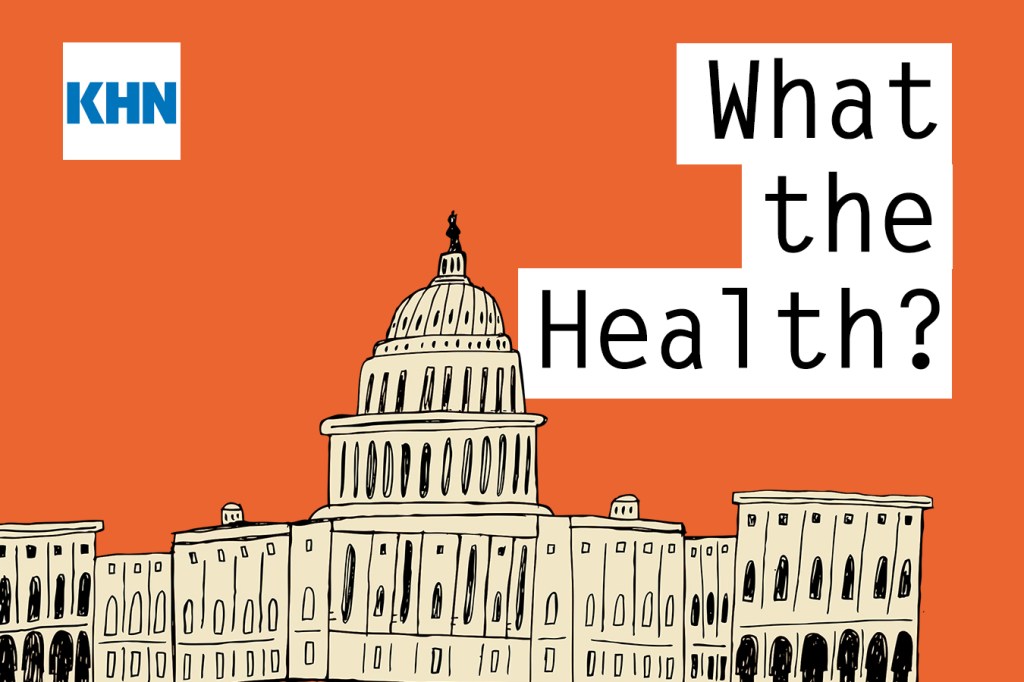Abuja February 04, 2022 – “In 2014, I noticed a small swelling in my left breast and didn’t pay attention as it was initially painless and I thought it will resolve by itself” says Grace David, a 68-year-old woman living in FCT, Abuja that survived breast cancer.
“When the swelling became bigger, I noticed a dimple, with slight pain and nipple discharge, I confided in my neighbor who advised me to visit the hospital immediately for a proper check by a doctor. I immediately went to the hospital and had to undergo series of examinations and tests.
I was confirmed to have stage two breast cancer and was told I need to have a mastectomy (a surgery to remove all breast tissue from a breast as a way to treat or prevent breast cancer), radiotherapy and chemotherapy.
After the surgery, I had several courses of chemotherapy and radiotherapy over a period of time. It was a tough time for me physically and mentally as I experienced darkening of the skin, loss of hair, poor appetite, weight loss and I was always tired. I have almost recovered from all these side-effects and I am happy to say, I was declared cancer-free in 20I6. I am grateful to have gone to see the doctor when I did, otherwise, I may not have survived it if I further delayed” she adds.
“Lack of awareness on breast cancer made me lose my left breast and I was ashamed to tell anyone about what I was experiencing at that time. If I knew what I know now, I would have gone to the doctor on time and maybe would have not required all the treatment I received. Most of my hospital bills were out of pocket and I am truly grateful to my friends and family members who rallied around me. I would not have been able to afford the care without their support”.
In 2018, an estimated 9.6 million deaths were due to Cancers, making Cancers the second leading cause of death globally. Breast, colorectal, lung, cervical and thyroid cancers are the most common among women while lung, prostate, colorectal, stomach and liver cancers are most common among men.
Every year, Africa records around 1.1 million new cases of cancer, resulting in up to 700 000 deaths. Breast cancer, along cervical, prostate, liver and colorectal cancers, account for almost half the new cases on the continent annually.
According to WHO In Nigeria, an estimated 115 950 cases were detected in 2018 with 70 327 deaths recorded. Breast cancer is the most common among women while prostate cancer for men.
Modifying or avoiding key risk factors as week as implementing existing evidence-based prevention strategies could prevent up to 30-50% cancer deaths. Some of the risk factors include; avoiding tobacco use (including cigarettes and smokeless tobacco), maintaining a healthy weight, eating a healthy diet with plenty of fruit and vegetables, exercising regularly, limiting alcohol use, practicing safe sex, getting vaccinated against hepatitis B and human papillomavirus (HPV) amongst others.
Early detection, availability of treatment options administered alone or in combination, and palliative care are critical to cancer survival.
Every 04 February, WHO joins the international community to commemorate World Cancer Day. This year’s theme, ‘’Close the care gap”, marks the start of a three-year campaign to raise global awareness around cancer and its impacts, especially on our most vulnerable citizens.
Professor Ime-Obong EKanem, Chief Consultant Pathologist and Director of Calabar Cancer Registry in University of Calabar Teaching Hospital is also a cancer survivor. “I was diagnosed with breast cancer in 2006 but because of early detection I only had a breast conserving surgery. After the surgery, I took hormonal therapy for five years and was declared cancer free in 2016” she said.
“Currently, we advocate for mammography and pap smear with free cancer screening every Wednesday in some clinics in Calabar, Cross River State. The Federal Ministry of Health (FMoH) has also launched a program named Chemotherapy Access Treatment (CAP) Programme where Nigerians get cancer care and drugs at a subsidized rate which enables access lower-priced, high-quality treatment at hospitals and pharmacies and reduce the burden of out-of-pocket payments. CAP is public-private partnership between the federal Ministry of Health, Clinton Health Access Initiative, the American Cancer Society , Pfizer, Worldwide Health Care and EMGE resources”, Professor Ekanem said.
“On its part, the World Health Organization (WHO) is committed to working with government to tackle the scourge of cancers globally. Through its various platforms, WHO promotes cancer control within the context of comprehensive national cancer control programmes that are integrated to non-communicable diseases” said Dr Mary Dewan, WHO Technical officer for Noncommunicable Diseases.
In Nigeria, WHO supported the development and the implementation of the 2018-2022 National Cancer Control Plan, the Strategic Plan of action on Cervical Cancer and the 2019 implementation plan for Cervical Cancer. The Government was also supported to develop and implement the 2019-2025 National Noncommunicable Diseases (NCDs) Multisectoral Action Plan which promotes a whole-of-government and whole-of-society approach to tackling NCDs and its risk factors including Cancers. Since late last year, WHO, Clinton Health Access Initiative, Medicaid Foundation and Raise foundation are working closely to improve awareness and treatment of breast and cervical cancers in Kebbi and Niger States. The initial phase is aimed at screening 50 00 women in each state.
Technical Contacts:
Dr Msyamboza Kelias; Email: msyambozak [at] who.int
Dr Mary Dewan; Email: dewanm [at] who.int
Note: This article have been indexed to our site. We do not claim legitimacy, ownership or copyright of any of the content above. To see the article at original source Click Here













